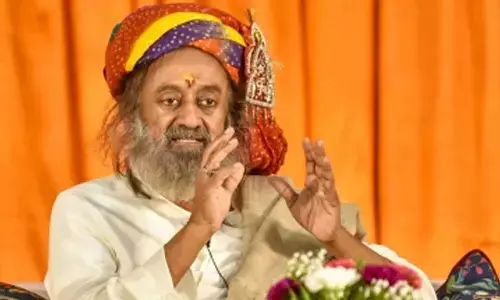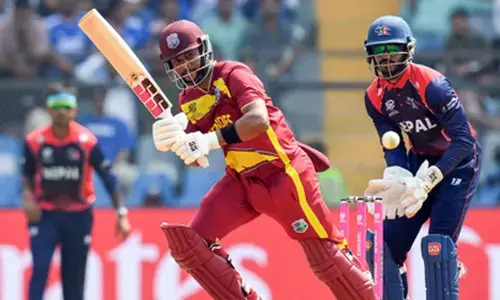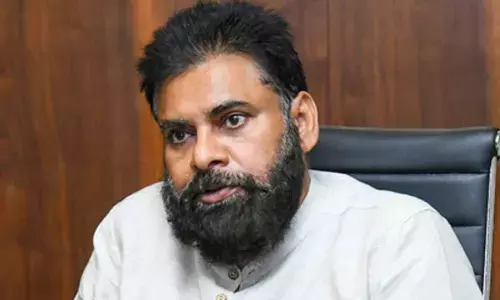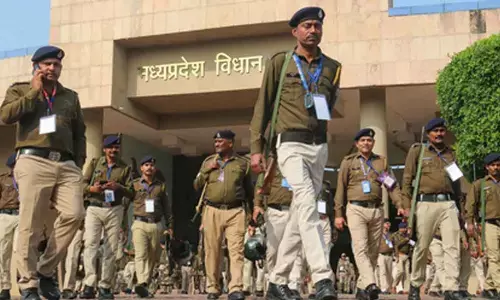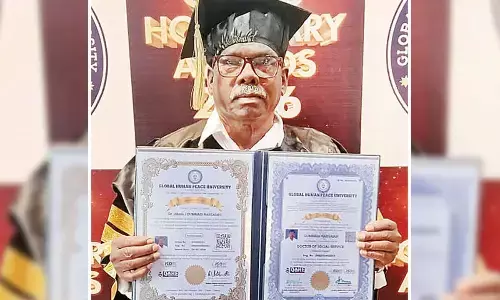Falak Syeda: The unstoppable
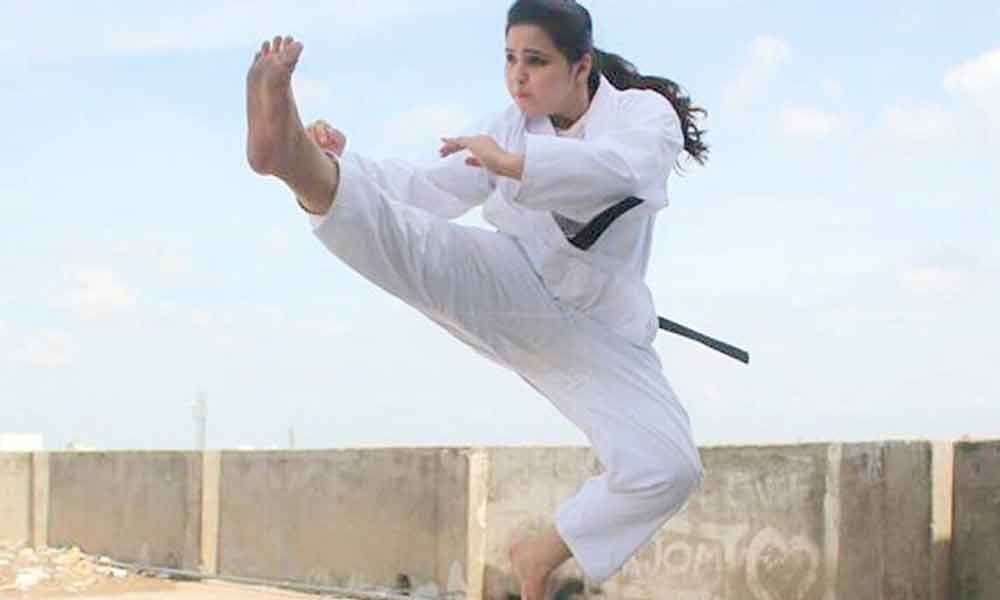
International karate champion Falak Syeda overcomes gender bias, among other challenges and makes a place for herself in world of sports.
International karate champion Falak Syeda overcomes gender bias, among other challenges and makes a place for herself in world of sports. Being a Muslim never stopped her from doing what she wanted to achieve.
The champion, who started learning karate to cut down her weight eventually ended up taking it as a profession. By winning the International Karate Championship in 2018 at Kathmandu, Nepal, she proved yet again that nothing can stop a woman to achieve anything in life, if she chooses to do so. She shares her story and journey during a freewheeling chat.
Falak wanted to become an IAS officer, but a small decision changed the course of her career.
She shares, "My elder sister was into sports; she used to play athletics and table tennis. I used to wait for her training sessions to complete after school, so that we could get back home together.
During the time karate classes started at school. I was interested to join those classes as I wanted to learn self-defense and stay fit as I was on heavier side.
I wanted to reduce weight and be fit. I started to train in karate when I was in seventh standard, but I had no plans of reaching international level.
I just happened to participate in an inter-school level competition. Within eight days of the competition, I won a silver medal.
The journey with the sport began, and I happened to get better and started reaching national and international levels."
Falak thinks that karate is important for women, and not just as sports, but to defend themselves.
"Karate makes one confident, you start feeling strong as a woman and it also makes you a disciplined person.
If you're taking karate as a sport it is a different thing, but karate to be strong, fit and learn it for self defense is a different thing.
There will be a course of self-defense, which women can take up. Besides if you practice karate, it will not only keep you fit, but will also boost your confidence.
I think it is necessary for everyone to learn some sort of self-defense," states Falak.
As far as Falak is concerned, when she chose to do karate, she did have people speaking negatively but her parents and family were a huge support.
"There were friends, relatives and people around me, who spoke badly about me and my sport. I also heard people talk that karate was a boys' sport and girls should not get into it.
Some said I would become manly, if I practiced karate. I never cared about the way people spoke and moved on with my sport," she relates.
"My grandfather had been very supportive about this whole thing and he likes the way girls grow in their respective field.
Even my grandmother encouraged me and asked my dad to join me into karate classes," she adds.
Her parents ensured they were with her all through her journey. "When I started learning karate, many questioned my father as to why he was spending money on a girl, but my dad never cared about such negative comments and made me what I am today.
My parents always thought that a girl should be independent. My mother always wanted someone from my family to come up in sports, she never expected me to pursue sports and she is really happy about it now. Though my dad doesn't like travelling, he accompanies me to all my tournaments."
To be able to win competitions involves a lot of dedication and practice. Falak shares, "It depends on the season, before the competition.
If there is a month or two left for the competition, I will prepare accordingly and practice more.
There usually is three months break when the training is less; I train six days a week and take rest on Sundays. So, it comes to three to four hours of training every day, if I could number it."
Falak Syeda will be representing India in Series A, which will be held at Santiago, Chilli, in the month of September.
She has been on a weight loss diet, but she is back to the normal training, and has been doing cardio for weight loss, and working out to improve stamina and strength.
She explains her diet, "It is very important to keep a track on the calorie intake and eating according to your workout.
It is important to have a balanced diet; we need to have crabs, proteins, fiber and fat. I like chocolates and I am restricted to have it. I avoid white rice."
The discipline and perseverance to achieve her goal have been her forte from the time she was a young girl.
She says it is possible for everyone, "I would just say that if you set your mind on anything, you will excel in it and girls can come up in any field; you just have to believe in yourself and the rest will follow."


